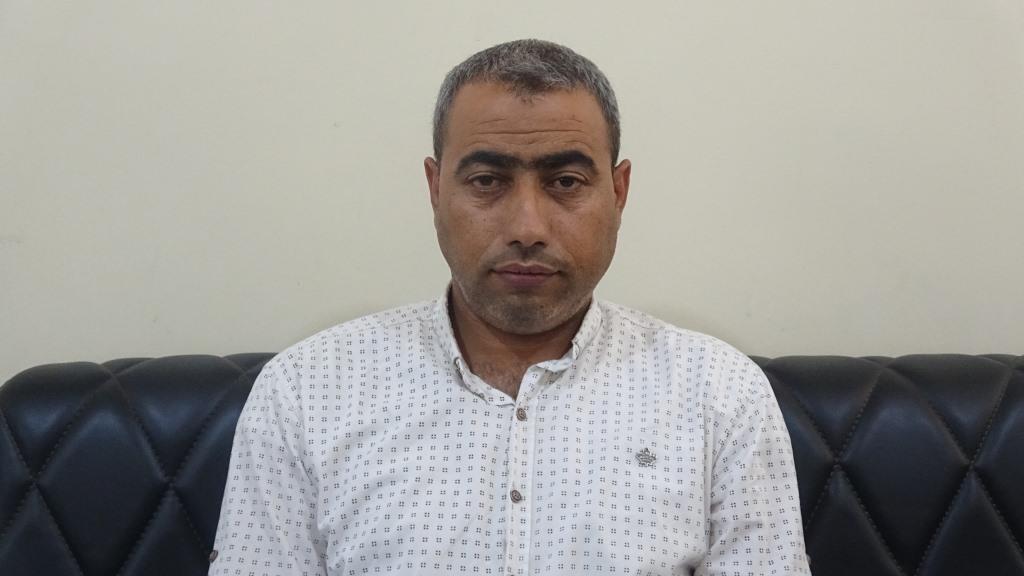Drinking water pumping stations in Raqqa threatened with being out of service
The Turkish occupation state’s continued blocking the water of the Euphrates River threatens to put the water pumps in the city of Raqqa and its countryside out of service, and the director of the Raqqa Water Office indicated that they had connected the stations’ pipes to the greatest possible depth to withdraw water.

The Turkish occupation state continues to continue the water war against the people of NE, Syria, and is blocking the flow of water from the Euphrates River into Syrian territory, which has a real impact on the aspects of life, especially in the areas near the Euphrates Basin.
The Turkish occupation state violates the agreement signed by Turkey, Syria, and Iraq in 1987, regarding the quantities of water flowing from the Euphrates towards the two countries. The agreement stipulated pumping 500 cubic meters per second, 60% of which to Iraq and 40% to Syria.
Director of the Raqqa City Water Office, Hussein al-Jarjab, explained to ANHA's agency that the continued decrease in the level of the Euphrates River will lead to “water pumping stations stopping service in Raqqa and its countryside, because the water will not be suitable for drinking at that time and will be very dirty.”
The number of water pumps in Raqqa and its countryside is 200, which withdraw water and pump it to drinking water stations to provide it to citizens.
Al-Jarjab pointed out that 15 days ago, they extended the pipes of the pumping stations to the greatest possible depth (the last depth), stressing that the pipes had reached the maximum extent of their ability to be extended in order to withdraw water.
Regarding the emergency measures it is taking, Al-Jarjab said: “The Raqqa Water Office took some necessary measures to deal with this problem, and to avoid the shortage resulting from the drop in the river’s water level, as we created (barriers) in front of each station in order to raise the level of the water passing through the station and in order to “Maintaining the sustainability of drinking water in the city, but for how long.”
The Water Office treats the water with chlorine on a daily basis, monitors it in laboratories, and analyzes it to ensure the safety of citizens, since the water drawn from deep water is turbid and full of impurities.
Earlier, 9 water pumping stations in Tabqa were out of service, and more than 50,000 people were deprived of drinking water, as a result of the decline in the level of the Euphrates River.
With the Ayed station out of service, the Tabqa Water Unit immediately began replacing two vertical pumps with a horizontal one with a capacity of 200 horsepower, a lift of 120, and a volume of 250 cubic meters per hour, to secure drinking water.
T/ Satt.
ANHA














